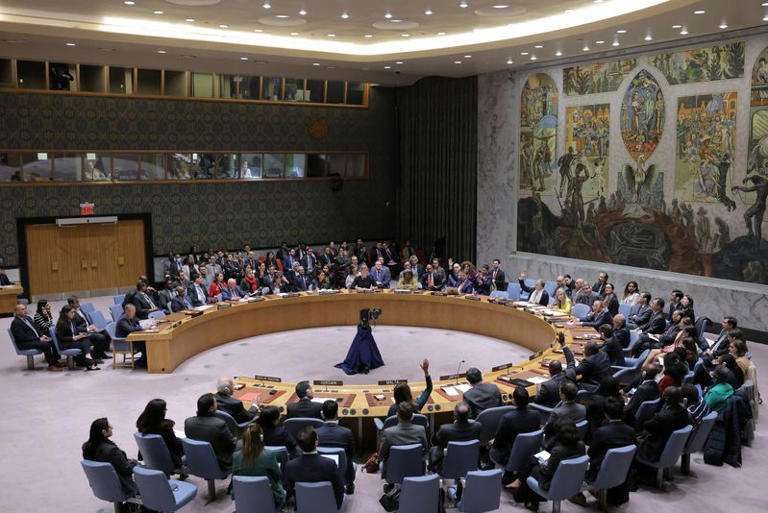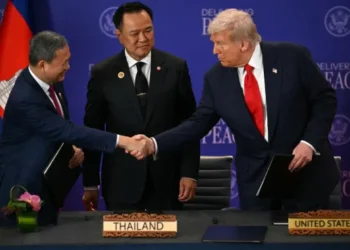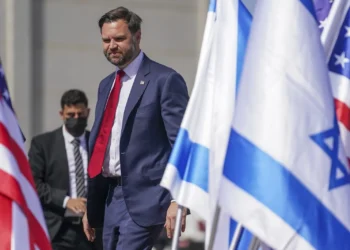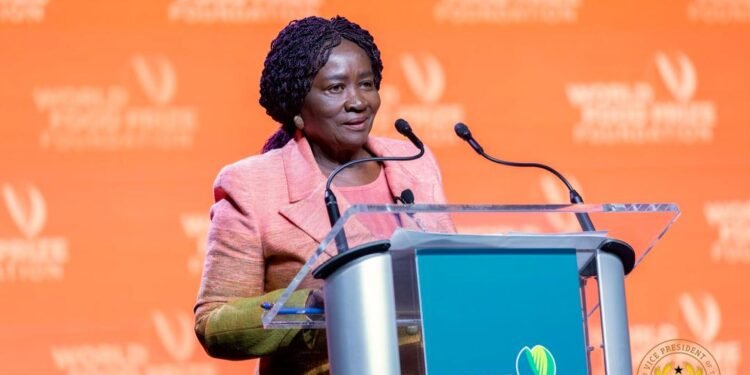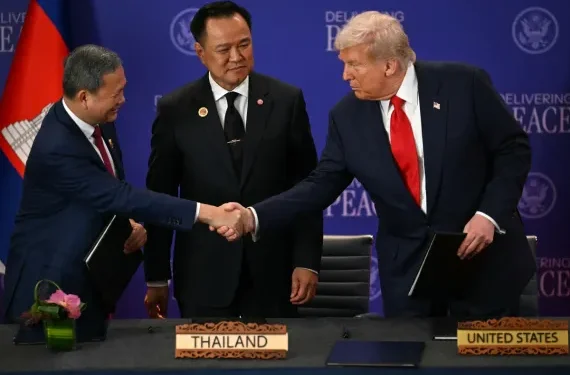In the enduring saga of the Israel-Hamas conflict, moments of hope are often overshadowed by continued violence and suffering.
The recent UN Security Council resolution, hailed by many as a potential turning point, offers a glimmer of optimism amid the gloom of entrenched hostilities.
However, as history has shown, the path to peace is fraught with obstacles, and the true test lies not in the words of the resolution, but in their implementation.
The UK-based charity, Islamic Relief welcomed the UN Security Council’s resolution for an immediate ceasefire but stressed that “the real test will now be its implementation.”
Islamic Relief’s cautious welcome of the resolution encapsulates the sentiments of many who have witnessed countless ceasefire initiatives come and go, leaving behind a trail of broken promises and shattered dreams.
The charity’s emphasis on implementation underscores a fundamental truth: peace cannot be achieved through mere rhetoric or diplomatic maneuvers.
It requires tangible action on the ground, sustained commitment from all parties involved, and unwavering support from the international community.
“We hope this [resolution] will eventually lead to a lasting peace agreement and an end to Israel’s occupation of Palestine,” it said in a statement.
“All Palestinians and Israelis have the right to live in safety and dignity, and this will only be possible when there is an end to the Israeli occupation,” it added.
There seems to be a concern that despite this resolution, the cycle of violence may continue unabated, highlighting the deep-seated distrust and skepticism among some Palestinians regarding the effectiveness of international intervention.
In the Gaza Strip, Palestinians reacted warily to the Security Council vote, fearing it could prove yet another ceasefire initiative that goes nowhere.
Israel’s demur at the deal makes this fear substantial.
Meanwhile, Hamas has given a formal response to the US-backed proposal for a Gaza ceasefire.
The response included amendments to the deal.
Hamas and the smaller Islamic Jihad (PIJ) group said in a joint statement on Tuesday that they were ready to “deal positively to arrive at an agreement” and that their priority is to bring a “complete stop” to Israel’s ongoing assault on Gaza.
The Hamas response reaffirmed the group’s stance [that] any agreement must end the Zionist aggression on our people, get the Israeli forces out, reconstruct Gaza and achieve a serious prisoners swap deal,” a Hamas official told Reuters news agency.
The foreign ministries of Qatar and Egypt said in a joint statement that they were examining the response and that they would continue their mediation efforts along with the United States “until an agreement is reached.”
White House National Security Spokesperson, John Kirby also said that the US had also received and was evaluating the response.
Deal’s Second Stage To Cause Problems
Hassan Barari, Professor of international affairs at Qatar University, noted that reports that the Israelis and the Palestinians have agreed to the UN Security Council’s ceasefire resolution are “very positive.”
However, he cautioned that there is still a long way to go.
According to Barari, with Hamas wanting six weeks of a ceasefire and Israel seeking the release of captives, “the first stage is good for everyone.”
He asserted, “But the problem with stage two of the deal is that Israel is not committed towards a permanent ceasefire.”
“Until this moment, all statements coming from the Israelis are saying they are unwilling to do that. Especially with the withdrawal of key ministers from the government – it’s a far-right-wing government in Israel where the key ministers talk about the continuation of the war after stage one.
“I think there are a lot of bad faith on the part of the Israelis when it comes to stage two; the concept of a permanent ceasefire isn’t in the dictionary and in the lexicon of the Israelis.”
Hassan Barari
READ ALSO: Hunter Biden Found Guilty On All Charges In Gun Case



